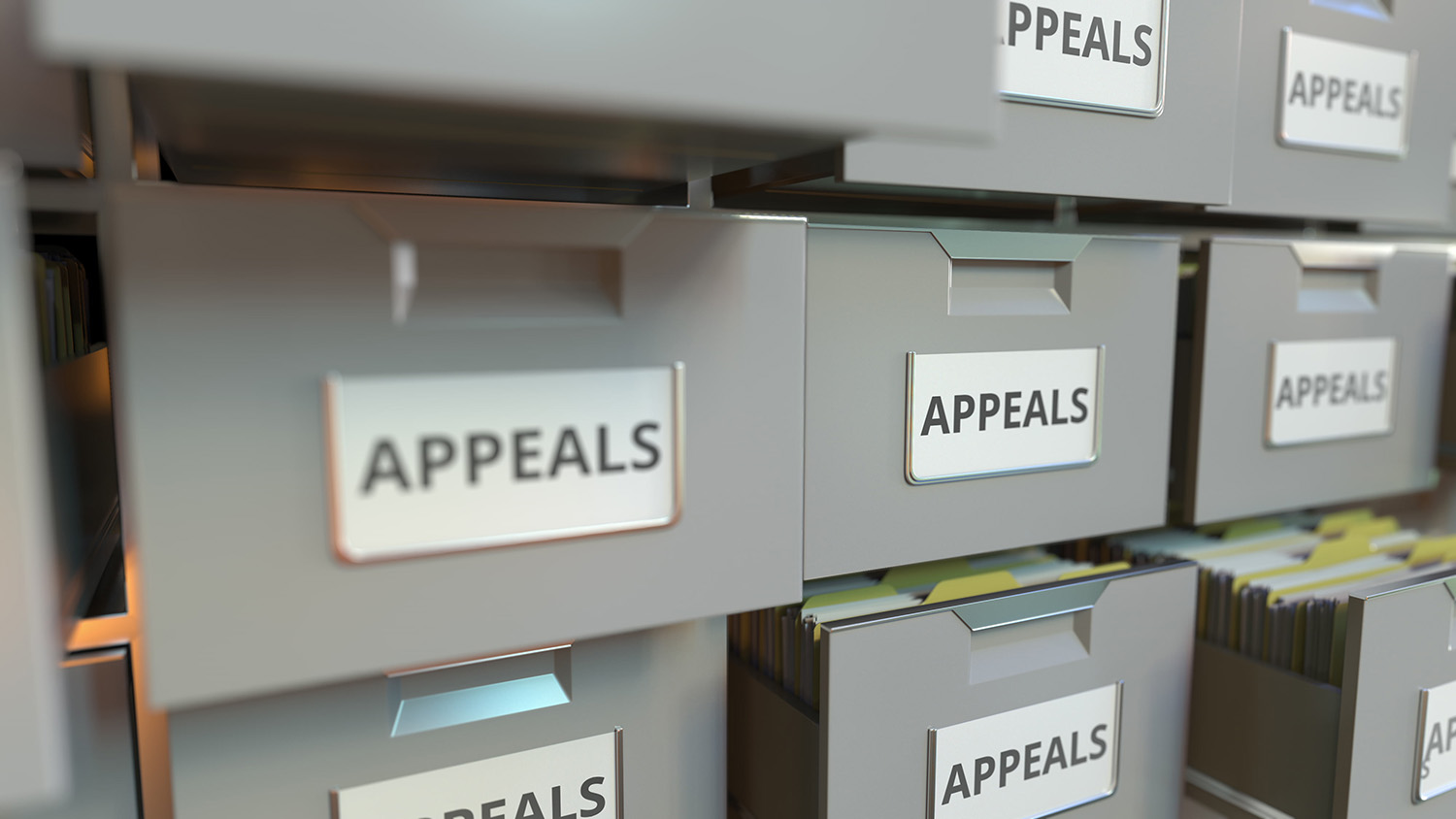Being convicted of a crime in Orlando can feel like the end of the road, with no options left to try, but it may not be. Florida law gives you the right to appeal your conviction or sentence, and in many cases, that appeal can be your chance to correct legal mistakes and protect your rights.
If you’ve been convicted of a crime in Florida and plan to appeal, it’s important to understand what an appeal is, how it works in Florida, and what to expect if you’re considering one. Here’s what you need to know.
What is an Appeal?
An appeal is a legal process where a higher court reviews your original trial for mistakes. While there’s a common misconception that this is a new trial, an appeal is simply a legal review, not a new trial. In Orlando, appeals from criminal convictions go to the Sixth District Court of Appeal.
The appeals court doesn’t determine your guilt or innocence again. Instead, it evaluates your case to determine whether the law was applied correctly. It reviews your trial record and legal arguments to identify whether any errors occurred that affected the outcome.

Who Can File an Appeal in Orlando?
Most people convicted in Florida have the right to one direct appeal. You can typically appeal:
- A final judgment of conviction after a trial
- An illegal or excessive sentence
- Specific pre-trial or post-trial rulings
If you pleaded guilty or no contest, your ability to appeal is limited unless you specifically reserved the right to appeal a certain issue. Otherwise, your best option may be a post-conviction motion, not a direct appeal.
Your criminal defense attorney can help you determine whether you can appeal your conviction. Every case is different, and not everyone can file a direct appeal.
Common Legal Grounds for Appeal
To appeal successfully, you must show a legal error occurred and harmed your case. This could be:
- Improperly admitted evidence
- Incorrect jury instructions
- Insufficient evidence to support a guilty verdict
- Sentencing mistakes, such as going beyond legal maximums
Not every mistake in the legal process will reverse a conviction. The error must be prejudicial, meaning it likely affected the verdict or sentence. Minor or “harmless” errors typically won’t lead to a reversal.
Additionally, most issues must have been preserved during the trial, meaning your trial attorney must have objected or raised them at the time. If not, appellate courts usually won’t consider them unless they’re deemed fundamental errors.
How the Appeals Process Works in Orlando
The appeals process in Orlando has five major steps: notice of appeal, record on appeal, appellate briefs, oral argument, and decision.
1. Notice of Appeal
This is the first step in the process. You or your attorney must file a Notice of Appeal within 30 days of the final judgment or sentencing. This is a hard deadline. If you miss it, you lose the right to appeal, so it’s important to act quickly.
2. Record on Appeal
Next, the trial court will compile a record that includes transcripts and case documents. They’ll send that to the appellate court. Your appeal is based solely on this record, as no new evidence can be added.
3. Appellate Briefs
At this step, your attorney will write an initial brief that lays out the errors that occurred and how they affected your case. The State will respond with an answer brief. Your attorney can file a reply brief to counter.
4. Oral Argument
In some cases, the appeals court may allow attorneys to argue their points in a short hearing. However, in most situations, the case is decided on the brief alone.
5. Decision
The final step is the decision. The appellate court will do one of three things:
- Affirm or uphold your conviction or sentence
- Reverse and send the case back for a new trial or sentencing
- Modify the outcome, such as by reducing a charge or sentence
Most appeals are denied, but a strong legal argument by trial records can lead to a successful outcome.
What an Appeal Can (and Can’t) Do
An appeal isn’t a fix-all for a criminal conviction. There are no guarantees that it will change the outcome, and, in most cases, it doesn’t. However, it has its place.
It can:
- Overturn a conviction or sentence if legal errors are found
- Lead to a new trial or sentencing hearing
- Correct misapplications of Florida law
It can’t:
- Present new evidence or call new witnesses
- Retry the case or reargue facts
- Reverse the verdict solely because you disagree with it
Appellate judges only look for mistakes in how the law was applied.
Why You Need an Experienced Appeals Attorney in Orlando
Appeals require a different set of skills than trial work. They demand an attentive eye, one that can spot strong legal issues in your trial record. They require someone who:
- Knows Florida appellate rules and deadlines
- Can write persuasive legal briefs that stand up in court
- Has experience appealing before Florida’s District Courts of Appeal
You have one shot at a direct appeal, so it’s important to make it count. Having a skilled lawyer with extensive experience in appeals ensures that you put your best foot forward to work toward a favorable outcome.
Don’t Face the Appeals Process Alone—Get the Personalized Help You Need!
If you or someone you care about has been convicted in Orlando, you’re not out of legal options, but the window to act is short. You must file an appeal within 30 days of the conviction, so don’t wait. Our experienced Orlando appeal attorneys at Smith & Eulo are here to help by reviewing your case, explaining your options, and moving forward with the next steps. Contact us today at (407) 930-8912 or complete our online contact form to learn more about how we can help you.